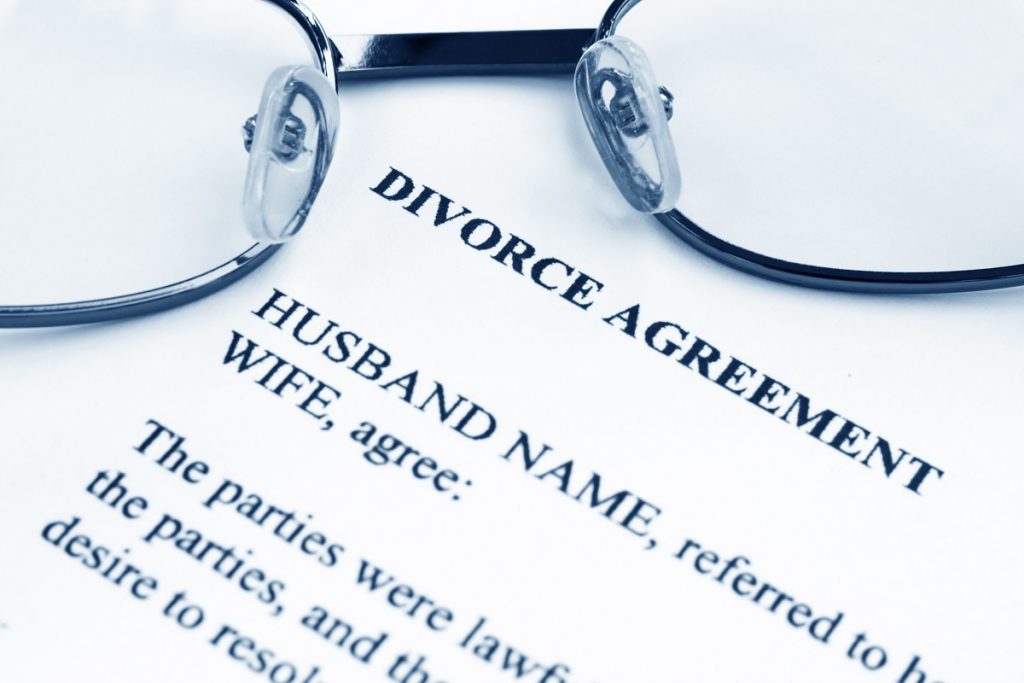When navigating the complex world of divorce, one might wonder how to avoid discovery in divorce cases. Discovery is a crucial phase in the divorce process where both parties obtain information from each other, often leading to an increased level of stress and tension.
This blog post aims to provide valuable insights into understanding the discovery process and exploring strategies to avoid discovery in divorce.
We will delve into various aspects, such as the types and purposes of discovery and how to prepare for it. Also, we will guide you through responding effectively to unreasonable discovery requests while protecting your interests during this challenging time.
What Is Discovery?
Discovery refers to the pre-trial phase in a lawsuit where each party can obtain relevant information from their spouse or other sources through various legal methods. This process helps both sides build their cases by collecting essential documents, statements, and other evidence that may prove vital during negotiations or trial proceedings.
Types of Discovery
There are several forms of discovery commonly employed in divorce cases:
- Interrogatories: Written questions submitted by one party to another must be answered under oath within a specified time frame.
- Document Requests: A request for specific documents related to marital assets, debts, income sources, or any other pertinent issue in the case.
- Depositions: An oral examination conducted under oath where one party’s attorney asks questions while an official court reporter records all responses verbatim.
- Affidavits: Signed written statements made voluntarily by witnesses under oath detailing facts relevant to the case.
- Motions for Inspection/Production: Requests filed with courts seeking access or production of certain items such as property appraisals, business records, tax returns, etc.
The Purpose of Discovery
Discovery serves several essential purposes in a divorce case:
- Gathering Evidence: The primary goal is to collect information and evidence supporting each party’s claims or defenses.
- Promoting Transparency: By sharing relevant documents and answering questions, both parties can better understand their case’s facts, which may lead to more informed decisions during negotiations or trials.
- Narrowing Issues for Trial: Through discovery, parties can identify key issues in dispute and focus on those matters at trial, potentially saving time and resources.
- Encouraging Settlement: By revealing the strengths and weaknesses of each side’s position, discovery often encourages spouses to reach an agreement outside of court rather than risk unfavorable outcomes at trial.

Preparing for Discovery
When undergoing a divorce, readiness for the discovery phase is essential. This section will outline some crucial steps to prepare for discovery in a divorce case.
Gather Important Documents
Gathering all relevant documents before the discovery process can save time and help ensure you are fully prepared to respond to any discovery requests. Some critical documents include:
- Financial records (bank statements, tax returns, pay stubs)
- Property deeds and mortgage information
- Prenuptial or postnuptial agreements (if applicable)
- Rental or lease agreements
- Credit card statements and loan information
- List of assets acquired during the marriage
- Evidence of separate property owned before marriage or inherited/gifted during the marriage
- Evidence related to marital misconduct if relevant in your jurisdiction (e.g., infidelity)
Understand Your Rights and Responsibilities
Familiarize yourself with local laws governing divorce cases, including asset division, alimony/spousal support, child custody, visitation rights, and child support. You can obtain information about these laws through your local family court or consult a divorce attorney.
Seek Professional Advice
Seeking professional advice from experienced divorce attorneys and financial experts is highly recommended. Divorce attorneys can help you navigate the complex legal system, ensure that your rights are protected, and assist you in responding to discovery requests effectively. Financial experts such as Certified Divorce Financial Analysts (CDFA) or forensic accountants may also be beneficial if complicated financial matters involve valuing businesses or uncovering hidden assets.
In some cases, it might be necessary to engage expert witnesses who can provide testimony on specific issues related to your case. Examples of expert witnesses include psychologists, appraisers, vocational evaluators, and pension specialists. These professionals can offer valuable insights into various aspects of your divorce case that could impact the final outcome.
Strategies To Avoid Discovery in Divorce
Under certain circumstances, skipping the discovery process in a divorce may result in reduced expenses, less time spent, and decreased emotional stress for both parties involved. You can explore several approaches to limit or remove the necessity for uncovering information in your divorce proceedings.
Here are the strategies on how to avoid discovery in divorce;
Negotiate an Agreement Outside of Court
Suppose both sides are able to come to an understanding on essential matters such as asset distribution, child guardianship, and spousal aid without resorting to the court system. In that case, no formal discovery measures will probably be necessary. You might work together through mediation, collaborative law processes, or simply negotiate directly with each other or through attorneys.

Request Limited or No Disclosure From the Court
If you cannot reach an agreement outside of court but still wish to limit the scope of discovery in your case, you may request limited disclosure from the judge. A judge may grant this request in some situations where privacy concerns are paramount (e.g., sensitive financial information).
The judge may allow only certain documents or information relevant to related matters like asset distribution while excluding others like personal correspondence between spouses. Rule 26(b)(1) of the Federal Rules of Civil Procedure outlines limitations imposed upon discoverable material based on the proportionality principle.
Utilize Alternative Dispute Resolution (ADR) Methods
ADR approaches, e.g., mediation or arbitration, can be utilized to dodge the discovery process and reach a resolution. It works without engaging with the traditional court system that usually necessitates comprehensive discovery methods. These processes can help you and your spouse resolve disputes without going through the formal court system, which often involves extensive discovery procedures.
In mediation, a neutral third party helps both parties agree on various issues related to their divorce. Meanwhile, in arbitration, a private arbitrator hears arguments from both sides and makes binding decisions based on the evidence presented.
Remember that while these strategies may help you avoid or limit discovery during your divorce process, they might not suit every situation. It is essential to seek advice from a knowledgeable family law lawyer who can provide direction on the most advantageous approach for your situation.
How To Respond To Unreasonable Discovery Requests?
In some divorce cases, you may encounter unreasonable discovery requests from your spouse’s attorney. Confronting such requests, which can be intrusive, extensive, or simply irrelevant, is important to safeguard one’s rights.

File an Objection With the Court
If you believe a discovery request is unreasonable or irrelevant, you can file an objection with the court. In your objection, explain why the requested information is not relevant or necessary for resolving the issues in your divorce case. The judge will review your objection and decide whether to uphold it or require compliance with the request.
Request Protective Orders from the Court
A protective order limits what information must be disclosed and what conditions it can be shared between parties involved in litigation.
To obtain a protective order, follow these steps;
- Draft a motion explaining why certain information should not be disclosed (e.g., due to privacy concerns).
- Submit supporting documents if needed (e.g., medical records demonstrating sensitive health issues).
- Serve copies of these materials to all parties involved in litigation.
- Await further instructions from the court regarding scheduling hearings on motions for protective orders.
Seek Legal Representation
It is wise to seek legal representation if you are unsure how to handle unreasonable discovery requests or need assistance in protecting your rights. An experienced divorce attorney can help you understand the complexities of discovery and ensure your rights are safeguarded. They can also assist with drafting objections, requesting protective orders, and representing you during court hearings.
Responding effectively to unreasonable discovery requests is crucial for preserving your rights during a divorce case. By understanding your options and seeking professional advice when needed, you can minimize stress and potential negative consequences of this aspect of the legal process.
Conclusion
Understanding the discovery process in divorce is crucial to prepare for it effectively. Gathering important documents, seeking professional advice, and negotiating an agreement outside of court are some strategies that can help avoid or limit discovery requests. Nevertheless, neglecting to meet these demands may result in significant repercussions, such as being held in contempt and facing court-imposed sanctions.
Therefore, if you’re going through a divorce and want to avoid discovery or respond to unreasonable requests, filing an objection with the court, requesting protective orders from the court, or seeking legal representation are some options. Remember that avoiding discovery is not always possible but being prepared can make a significant difference.
